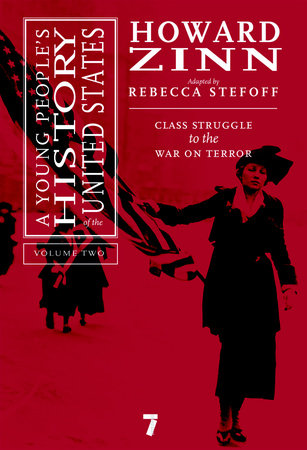- Faculty
- Request Instruction
- Request Research Assistance
- Faculty Resources
- Chronicle of Higher Education
- Request Course Reserves
- Streaming Films for Courses
Service Alert
Service Alert

Harvey B. Lindsley, Portrait of Harriet Tubman, 1871-1876, photograph: matte collodion print sheet (13.7 x 8.7 cm.), The Library of Congress, The Library of Congress Prints and Photographs Division.
Criticizes the way history is presented in current textbooks, and suggests a fresh and more accurate approach to teaching American history.
Among the most pervasive of stereotypes imposed upon southern highlanders is that they were white, opposed slavery, and supported the Union before and during the Civil War, but the historical record suggests far different realities. John C. Inscoe has spent much of his scholarly career exploring the social, economic and political significance of slavery and slaveholding in the mountain South and the complex nature of the region's wartime loyalties, and the brutal guerrilla warfare and home front traumas that stemmed from those divisions.
A history of the United States from its beginnings to the early twenty-first century, as told from the point of view of ordinary people, including slaves and Native Americans, to reveal the violence, racism, and injustices which occurred during key events.

Examines American involvement in the wars and revolutions of the twentieth century from the point of view of ordinary people as well as the policies and resistances that have characterized the war on terror and that shape the United States of America today. Includes a final chapter updating United States history to the present moment.
In this lyrical, unsentimental, and compelling memoir, the son of a black African father and a white American mother searches for a workable meaning to his life as a black American.
The Complete Encyclopedia of African American History 400 Years of Achievement
This is the story of the drive to free the American South from the shackles of legally sanctioned racial segregation. To chart the course of the American civil rights movement from 1954 to 1968 in fewer than 200 pages - and do it justice - is a remarkable accomplishment. This is what John Salmond has done, in a lively and compact narrative.
"This is the nonfiction love story of Elinor Powell, an African American army nurse, and Frederick Albert, a German prisoner of war. The two met when black army nurses were put in regular contact with German POWs who were detained in the United States during World War II, an unlikely and little-discussed circumstance during one of the most documented periods in history"-- Provided by publisher.
When you think of a map of the United States, what do you see? Now think of the Seattle that begot Jimi Hendrix. The Dallas that shaped Erykah Badu. The Holly Springs, Mississippi, that compelled Ida B. Wells to activism against lynching. The Birmingham where Martin Luther King, Jr., penned his most famous missive. Now how do you see the United States? Chocolate Cities offers a new cartography of the United States--a "Black Map" that more accurately reflects the lived experiences and the future of Black life in America. [publisher abstract]
